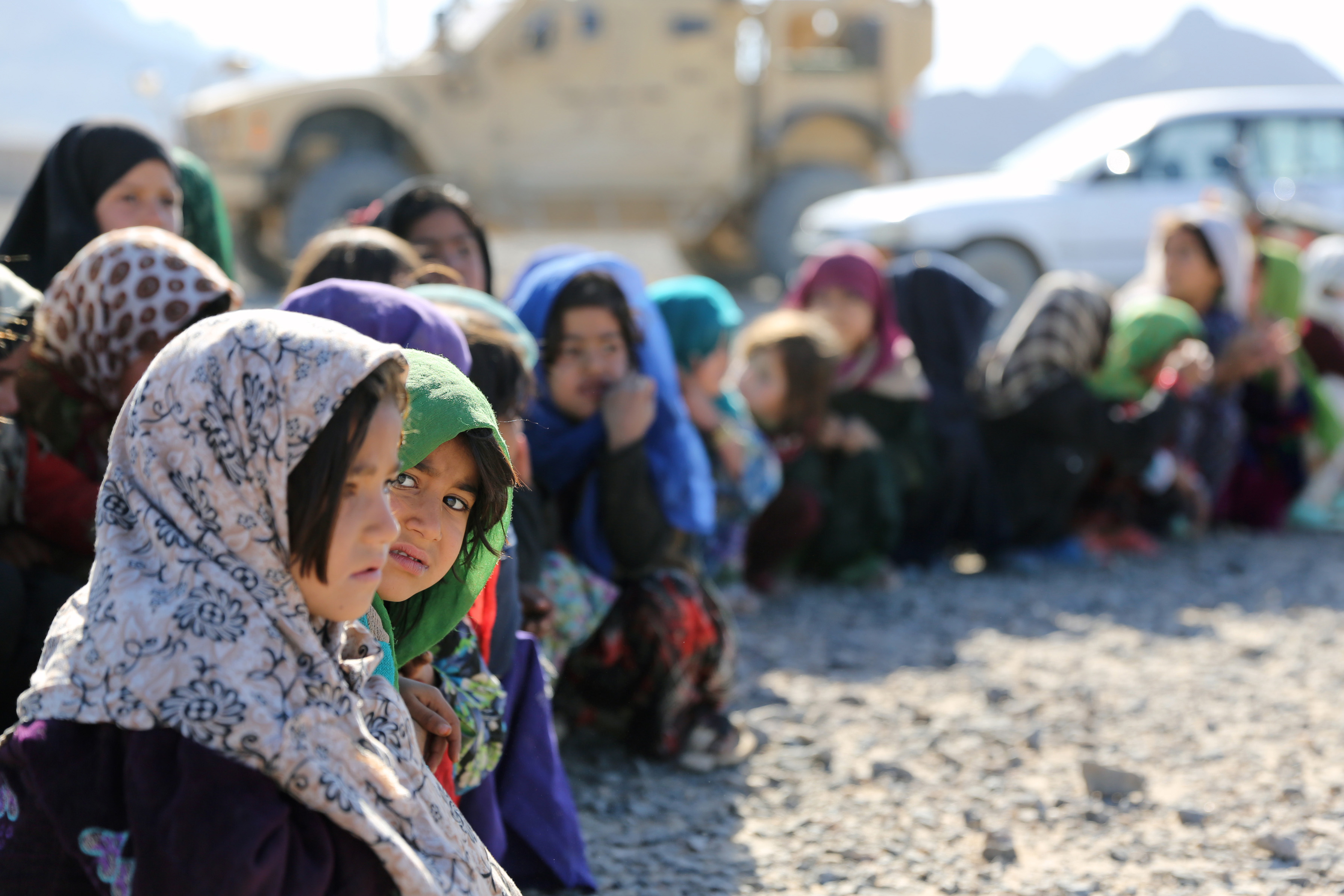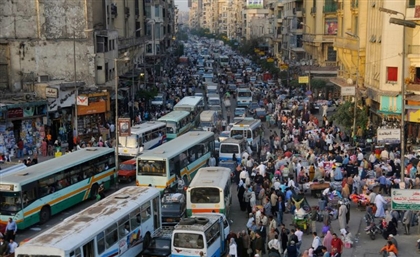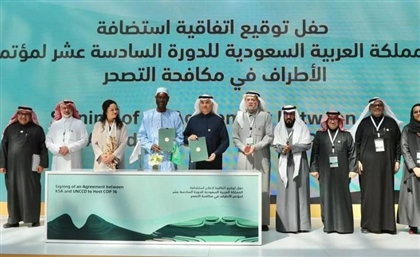Copied
5 NGOs Fighting for Human Rights in Egypt
We've compiled a list of five NGOs working for human rights right here in Egypt.
Dec 10, 2015

December 10th, commemorates the day in 1948 when the United Nations General Assembly adopted the Universal Declaration of Human Rights. Now known as Human Rights Day around the world, this year it kicks off a year-long campaign celebrating the 50th anniversary of the two International Covenants on Human Rights. In these 50 years since the Covenants’ ratification, huge strides have been made towards guaranteeing social, cultural, civil, political, and economic rights for people all over the globe, in no small part because of the International Bill of Human Rights. But raising fighting for human rights is a year-long struggle, and an ongoing battle, especially in Egypt.
To promote awareness of this monumental moment in international history, we’ve compiled this list of five organisations that are working for human rights in Egypt.
Established in 1985, the non-profit EOHR is one of the oldest NGOs in Egypt. Part of the wider Arab and international human rights movements, EOHR draws no lines and strives to end all types of violations against all individuals. Its peaceful initiatives to defend human rights are carried out by five interlinked departments. The Field Work unit embarks on fact-finding missions to prisons, collecting testimonies and documenting information about violations against prisoners' rights. The Field team then passes this information on to EOHR’s Research and Publications Unit, which compiles and researches the raw data provided. The EOHR also has two legal aid projects, Women’s Legal Aid and Refugee Legal Aid, for assisting persons with more specialised cases.
CIHRS is another of Egypt’s oldest NGOs fighting for human dignity and democratic principles. Expanding further into the Arab world, CIHRS is analysing the difficulties that prevent application of international human rights laws, and promulgating a sense of respect for human rights in the region. Taking on the role of coordinator among other NGOs and key groups, CIHRS brings together coalitions to "raise public awareness about these issues and to reach solutions in line with international human rights law."
A staggering number of women in Egypt have experienced sexual harassment. In fact, a recent study from the United Nations claims 99 per cent of women in Egypt have experienced sexual harassment in some form, while those same studies say that 96.5 per cent have been physically harassed. The Egyptian Centre for Women’s Rights began in 1996 to fight against the status quo of harassment in Egypt. It fights for the rights of women in Egypt to be treated equally by providing legal services to women and pressuring lawmakers to bring Egyptian law in line with international agreements on the treatment of women.
Finding affordable and sustainable housing in a large city like Cairo is daunting, especially for the lowest strata of society; with the growing population shift towards urban areas, it’s likely to get worse before it gets better. Nearly half of Egypt’s population lives in three cities, Cairo, Giza, and Alexandria, with almost 15 million people living in the slums of these cities, without access to reliable services and squalid conditions.
Adequate housing is a fundamental part of the International Bill Of Human Rights. UN Habitat and the Egyptian Centre for Housing Rights work to address the issue in Cairo by developing programs to assist policy makers in finding lasting solutions to the housing problems faced by so many citizens. Their goal is to create “Cities without Slums” in which every person has reliable access to clean water, electricity, and safe neighbourhoods in which to live.
Formed in 2009, ECHRE is dedicated to educating Egypt and the Arab world on human rights, working with universities and NGOs, and advocating for dissemination of information and empowerment of individuals. The Centre hopes that, once educated, people will realise their individual capacity for change and take charge of their lives to affect real social change.
- Previous Article El Gouna Finally Has Beachfront Housing - Say Hello To Mangroovy
- Next Article CJC Announces Hottest New Year's Party Yet
























